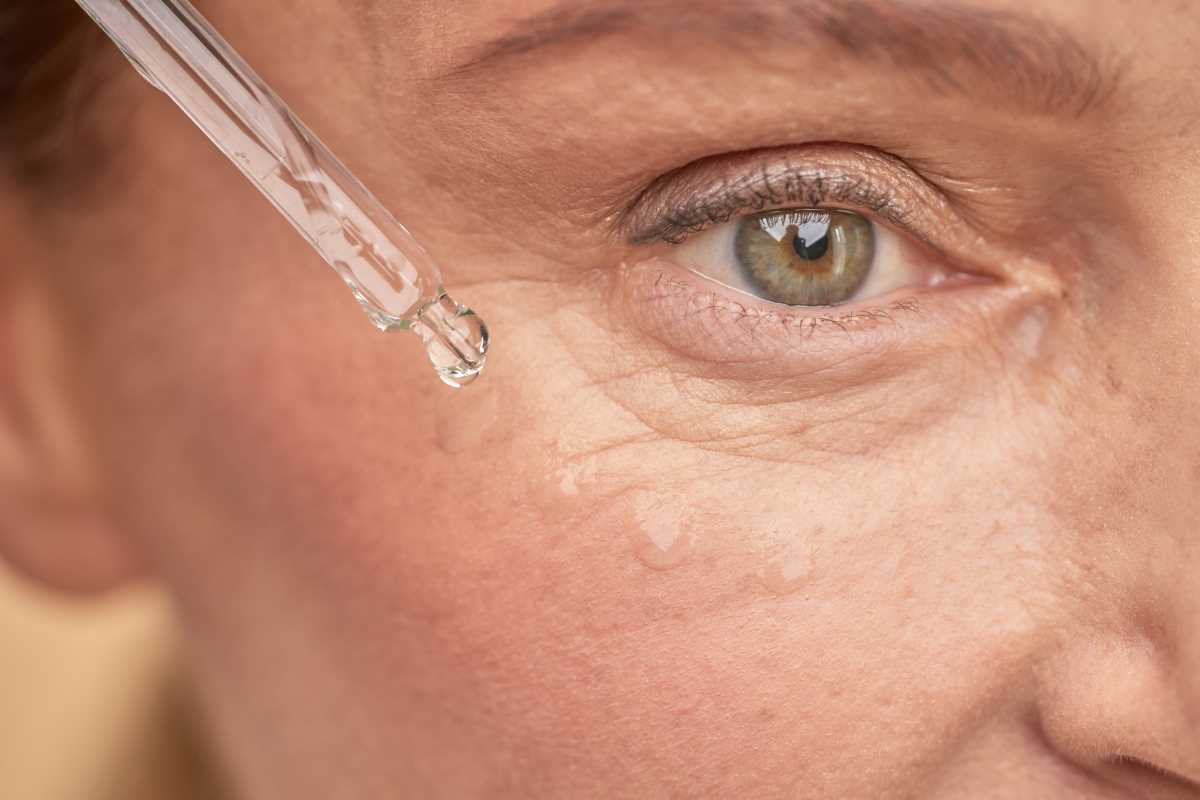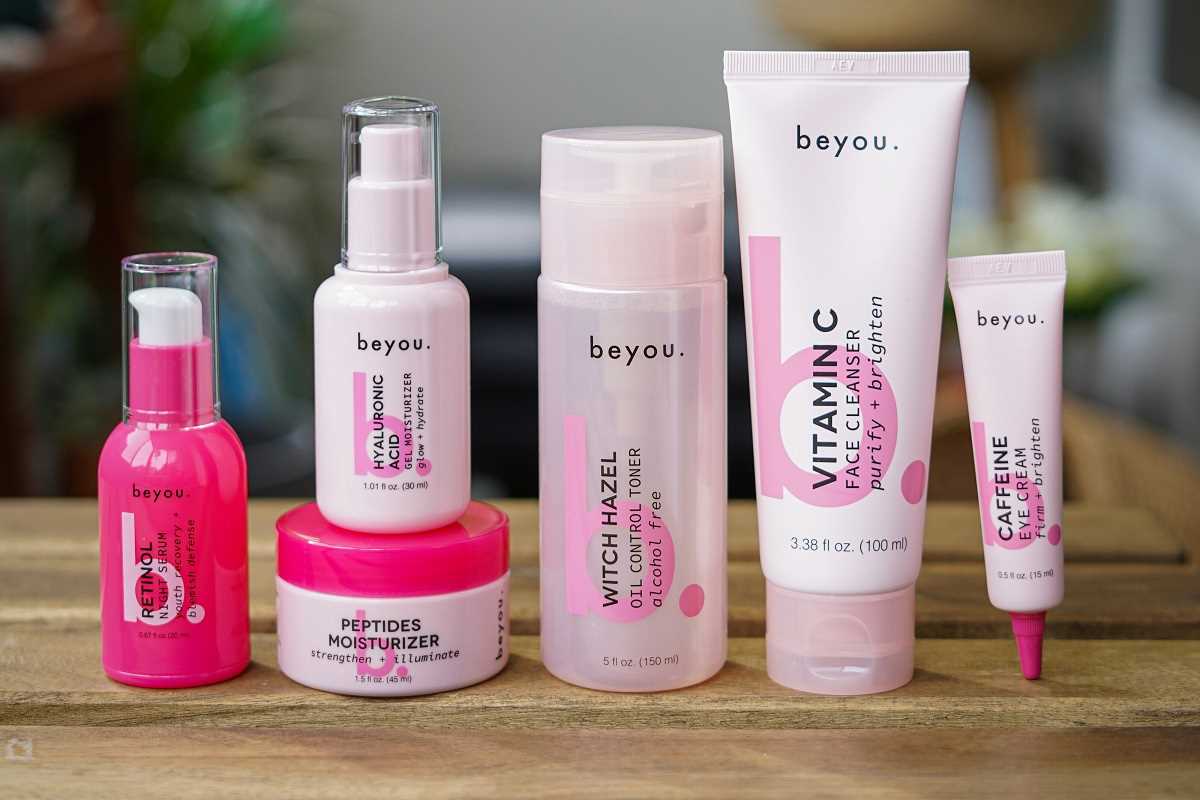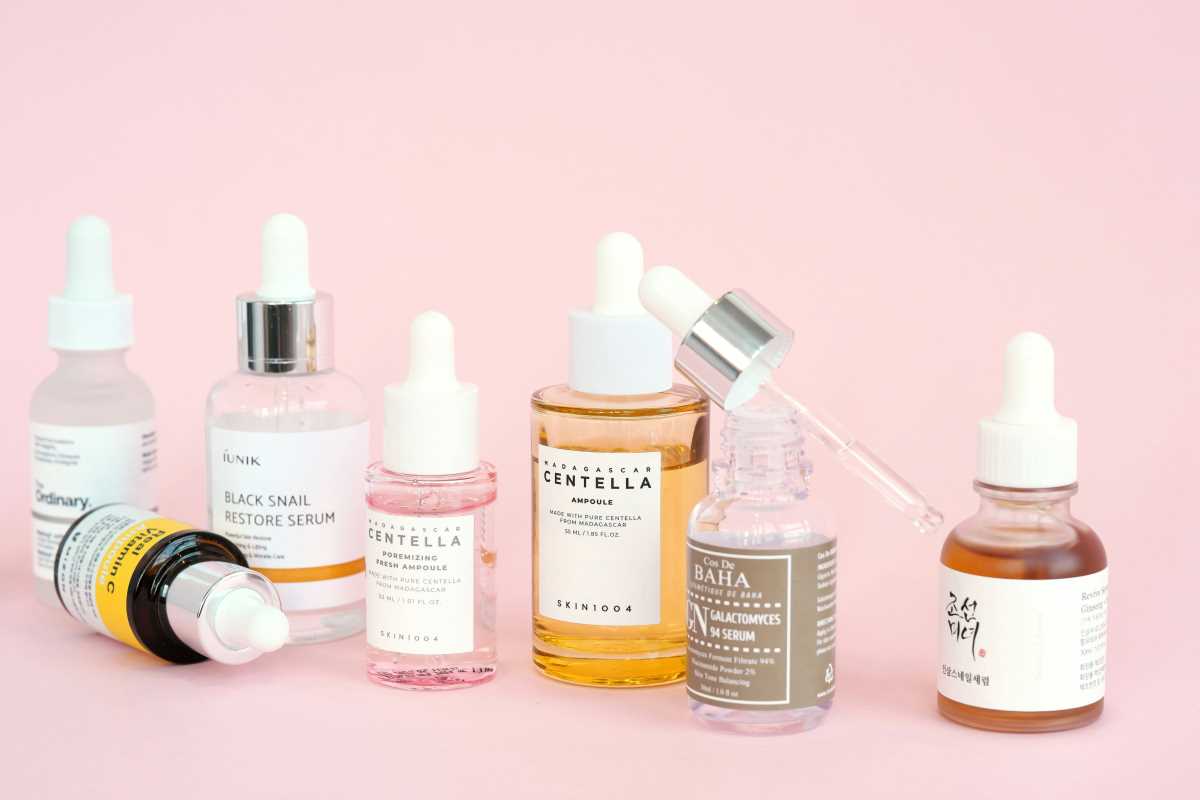Do you dream of having clear and healthy skin but find it difficult to achieve? You're not alone! Many people struggle with their skincare journey, trying to balance various aspects like daily routines, diet, and lifestyle habits. However, with the right approach and a little patience, you can make clear, radiant skin a reality. This comprehensive guide offers tips, tricks, and facts to help you achieve the skin you've always desired.
Establishing a Consistent Skincare Routine
The foundation of healthy skin is a consistent skincare routine tailored to your skin type. Consistency is key here—your skin thrives on regular care. The basic steps of a skincare routine include cleansing, toning, moisturizing, and sun protection.
Start by cleansing your face twice a day—in the morning and before bed—with a gentle cleanser. Cleansing helps remove dirt, oil, makeup, and other impurities that accumulate on your skin throughout the day. Using a cleanser suited to your skin type is essential. For example, if you have oily skin, look for a cleanser that controls excess sebum, while those with dry skin should opt for a hydrating formula.
After cleansing, apply a toner to balance your skin's pH levels and prep it for the next steps in your routine. Toners can help minimize pores, calm redness, and restore moisture. Follow up with a moisturizer, as all skin types need hydration. Moisturizing helps protect your skin's barrier and keeps it soft, supple, and hydrated.
The most crucial step in any daytime routine is applying sunscreen with at least SPF 30, regardless of the weather. UV radiation is one of the leading causes of premature aging and skin damage. Sunscreen not only protects you from the sun's harmful rays but also helps prevent hyperpigmentation and other skin issues.
Eating a Balanced Diet for Radiant Skin
Skincare products play an important role, but your skin's health starts from within. A balanced diet rich in nutrients is essential for maintaining clear and glowing skin. Start by incorporating plenty of fruits, vegetables, whole grains, and lean proteins into your meals. These foods are packed with vitamins, minerals, and antioxidants that help protect the skin from damage and promote its natural glow.
Antioxidants, such as vitamins C and E, play a significant role in combating free radicals—unstable molecules that damage skin cells and accelerate aging. Foods rich in antioxidants, such as berries, nuts, spinach, and green tea, can help reduce the appearance of wrinkles and fine lines.
Staying hydrated is also essential for your skin. Water keeps your skin moisturized, flushes out toxins, and supports its elasticity. Dehydrated skin can look dull, feel dry, and be more prone to breakouts. Hydrating foods, such as watermelon and cucumbers, can boost your body's hydration from the inside out.
Getting Sufficient Beauty Sleep
The concept of beauty sleep isn't just a saying—it's a scientific fact. During sleep, your body goes into repair mode, working to regenerate and rejuvenate your skin cells. This is when cell turnover happens, helping to repair damage from environmental factors such as UV rays, pollution, and stress. Aim for 7-8 hours of quality sleep each night to support your skin’s natural recovery process.
When you don't get enough sleep, your skin can appear dull, and you're more likely to develop dark circles under your eyes. Additionally, sleep deprivation can lead to increased levels of cortisol, the stress hormone that may trigger acne and inflammation.
Fact: During deep sleep, your body increases blood flow to the skin, helping it repair and maintain its health and vibrancy.
Incorporating Regular Exercise into Your Routine
Exercise is not only beneficial for your overall health but also a secret weapon for clear and healthy skin. Physical activity boosts blood circulation, delivering oxygen and nutrients to your skin cells. Increased blood flow also helps to remove waste products, like free radicals, from your skin, promoting a clearer complexion.
Sweating during exercise helps unclog your pores by flushing out toxins and impurities. This can reduce the likelihood of breakouts and help keep your skin looking fresh. Regular exercise also promotes collagen production, which is key to maintaining your skin’s elasticity and firmness.
Try to incorporate at least 30 minutes of exercise into your routine most days of the week. Whether it’s a brisk walk, yoga, or strength training, any form of physical activity will benefit your skin.
Fact: Exercise stimulates collagen production, which can improve skin texture and reduce the appearance of wrinkles.
Avoiding Harsh Skincare Products and Over-Exfoliation
While maintaining a skincare routine is important, it’s equally crucial to be mindful of the products you’re using. Some harsh skincare products can strip your skin of its natural oils, leading to irritation, dryness, and breakouts. Look for non-comedogenic products—those that won’t clog your pores—and avoid products with alcohol, sulfates, or synthetic fragrances, as these can exacerbate skin issues.
Another common mistake is over-exfoliating. While exfoliation is an excellent way to remove dead skin cells and promote cell turnover, doing it too often can damage your skin’s protective barrier. This can lead to increased sensitivity, dryness, and even breakouts. A good rule of thumb is to exfoliate 1-2 times per week using a gentle exfoliator suitable for your skin type.
Fact: Over-exfoliating can compromise your skin's barrier, making it more vulnerable to environmental stressors and irritation.
Stress Management for Healthy Skin
Managing stress is another essential element of achieving clear and healthy skin. Chronic stress triggers the release of cortisol, which increases oil production in the skin. This can lead to clogged pores, breakouts, and other skin issues. Additionally, stress can exacerbate conditions like eczema and psoriasis, making it even more important to manage your mental well-being.
Incorporating stress-relief practices into your daily life, such as meditation, yoga, or deep breathing exercises, can have a positive impact not only on your mental health but also on your skin. Engaging in hobbies, spending time with loved ones, or simply taking a break in nature can also help lower your stress levels.
Fact: Stress hormones can increase oil production, which contributes to breakouts and acne.
Achieving clear, healthy skin doesn't happen overnight, but by making small, consistent changes to your skincare routine, diet, lifestyle, and stress management, you can achieve long-lasting results. Remember to be patient and diligent—skin health is a journey, not a race.
By incorporating the tips in this guide—establishing a consistent skincare routine, eating a balanced diet, exercising regularly, and managing stress—you can create a solid foundation for radiant, glowing skin. Take the time to care for your skin, and it will reward you by looking its best. With a little effort and mindfulness, clear and healthy skin is well within your reach.







